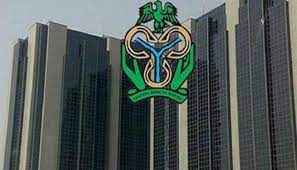Nigeria is grappling with a significant decline in foreign exchange reserves, leading to extended timelines for issuing letters of credit and impacting the overall importation of goods.
In February 2024, the Central Bank of Nigeria (CBN) reported an increase in payments to $102.6 million, a rise from January’s significantly lower payment of $58.33 million. However, these figures remain substantially lower than those of the same period in 2023. The downward trend continued in March 2024, with payments plummeting to $43.54 million.
A letter of credit is a critical payment method for importing visible goods, where the bank guarantees payment to the exporter upon receipt of the appropriate documentation from the importer. This financial tool is essential for facilitating international trade.
Due to the ongoing foreign exchange scarcity, the CBN extended the timeline for issuing letters of credit from the original 24 hours to five working days. This adjustment was officially recognized in the 2023 service charter, a significant change from the 2020 charter which stipulated a 24-hour timeline.
The limited access to foreign currency has made it difficult for businesses to open letters of credit, a situation exacerbated by the depletion of Nigeria’s FX reserves towards the end of Q1 2024. CBN Governor Yemi Cardoso explained that the decreasing reserves were primarily due to debt repayments and other standard financial obligations, rather than efforts to defend the naira.
To address the foreign exchange shortage, the CBN began selling dollars to Bureau De Change operators (BDCs) in February 2024, continuing into March but with a 50% reduction in allocation. The FX was sold at a rate of N1,251 per dollar.
As Nigeria navigates these economic challenges, businesses and importers are feeling the strain of extended timelines for letters of credit and reduced access to foreign currency, highlighting the broader impacts of the country’s foreign exchange issues.










